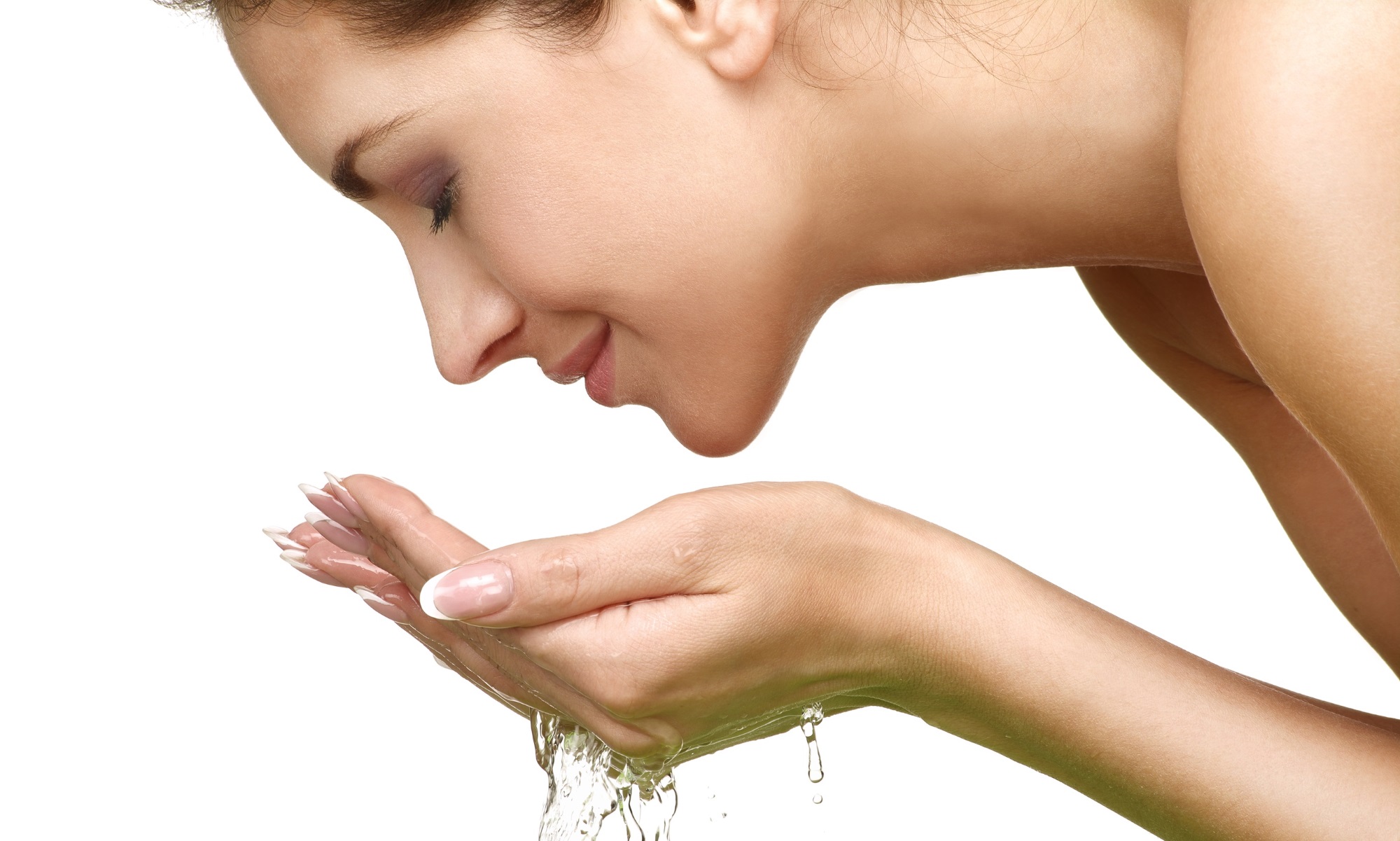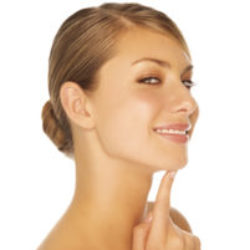Question by Theresa: What are the best topicals or medication to stop OILY skin and ACNE?
i am going to a dermatologist to get something that will stop my skin from getting to oily but also cure my acne and something that’s not like EXTREMELY expensive? any suggestions?
Best answer:
Answer by Ovilia Fernandes
Remedies for Acne
Intensive research is been done in the field of dermatology to comprehend the nature, causes, and treatment for acne. Topical application of certain medications, use of certain home remedies, and changes incorporated into one’s lifestyle help to decrease the intensity and subsequent outbreaks of acne. Most people opt for various types of face washes and creams to deal with acne, and there are various products available in the market that promise acne-free skin. However, it should be kept in mind that these products do not completely eradicate the acne. Face washes that contain salicylic acid help to drain the sebum from the clogged pores. Topical creams or gels can also be applied to dry or peel off a layer of skin or to restrict sebum formation. Certain antibiotic creams can also be used to reduce the growth of acne causing bacteria. While some of these products can be bought over-the-counter, others may require the prescription of a qualified physician or dermatologist.
Apart from the conventional treatment, many people choose various home remedies to deal with acne. Natural and herbal remedies are becoming increasingly popular as these usually pose less risk of side effects, particularly for sensitive skin. Some of the commonly used herbal or home remedies for acne are as follows:
•Evidence suggests that aloe vera may be effective in treating minor skin infections, burns, cuts, as well as sebaceous cysts, pimples, and acne. These therapeutic effects can be attributed to the polysaccharides, anthraquinones, mannans, and lectins that are found in aloe vera. Applying aloe vera gel on the face and other acne-affected areas may thus be helpful.
•Honey is also another remedial option that can be used for acne treatment. Honey prevents the skin from becoming too oily, as an oily skin allows for more bacteria to thrive. At the same time, it helps maintain the moisture content of the skin. You can apply honey (mixed with yogurt) directly to your face or opt for honey-based face washes.
•A homemade face wash that contains diluted apple cider vinegar is also effective for clearing up acne. Apple cider vinegar is believed to help restrict bacterial activity on account of its antiseptic properties.
•Natural home remedies for acne include the use of face packs containing fenugreek paste or cucumber. Lemon juice diluted with mint and applied on the skin keeps infection at bay. Yogurt is also effective as it prevents the skin from getting too oily and supplies ample probiotics and nutrients to the skin.
For prevention and management of acne, a lifestyle change is also beneficial. Try to exercise regularly so that the pores on your skin remain open and clear. It also helps to get sufficient rest and to avoid sleeping on your face, especially if you are prone to acne. A healthy diet is also a requisite to keep acne at bay. Lastly, engaging in stress-relieving activities helps lower stress levels, decreasing the intensity of acne.
Know better? Leave your own answer in the comments!


glad you are going to the dermatologist. nothing stops sebum (oil) production except accutane. there are products which are “drying” to your face like benzoyl peroxides (in Benzaclin, Duac) or in washes containing BPO’s (which don’t require a prescription.) your dermatologist should give you a retinoid such as RetinA or Tazorac which will help your face also. All these should be under your copay. be sure to ask your dermatologist for discount coupons for all these products. it will reduce or eliminate most or your copay.
Benzoyl peroxide but make sure you use the low dosage because it can make skin very dry.
I would suggest 2.5 is best and make sure you only use on the affected area.
All the best